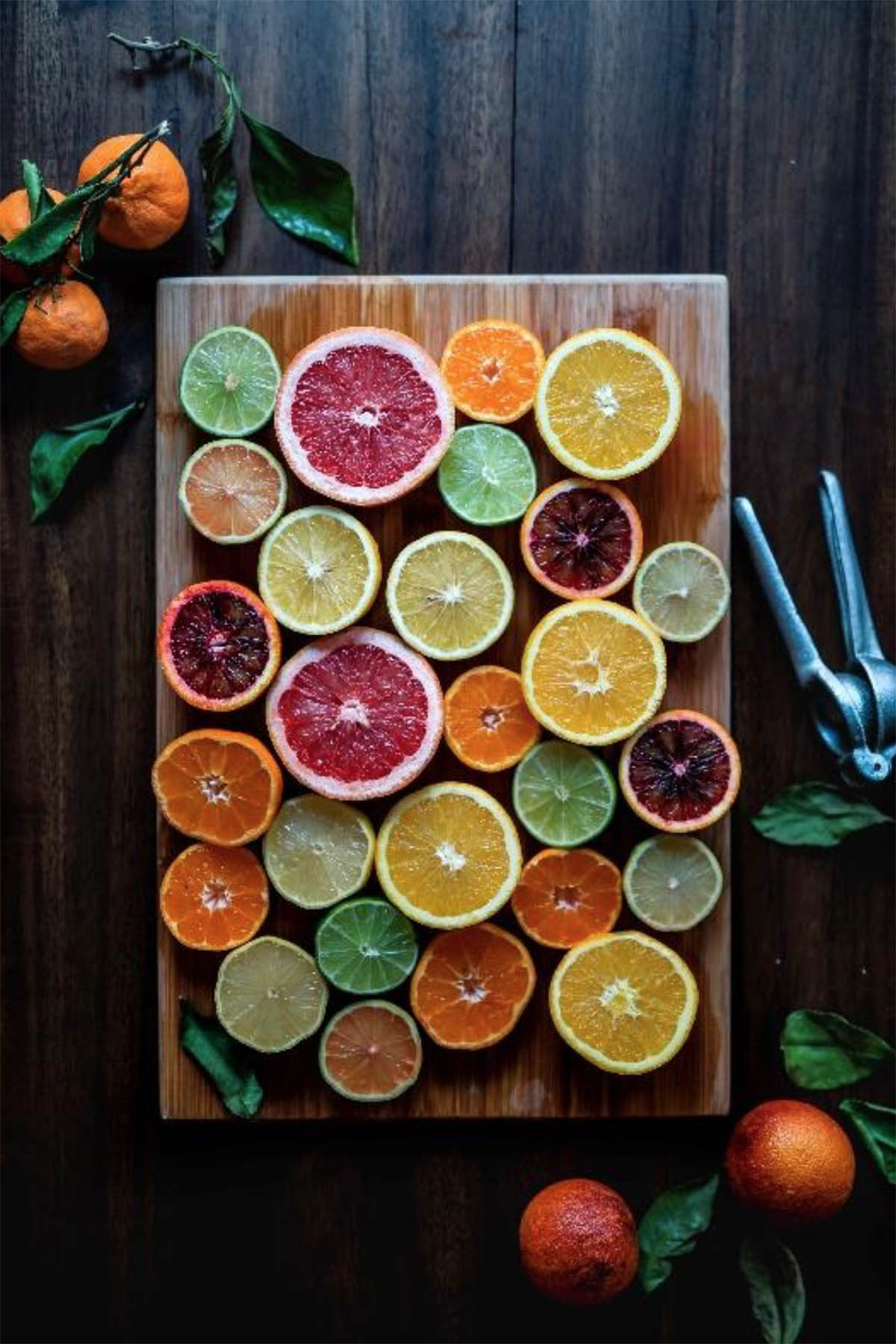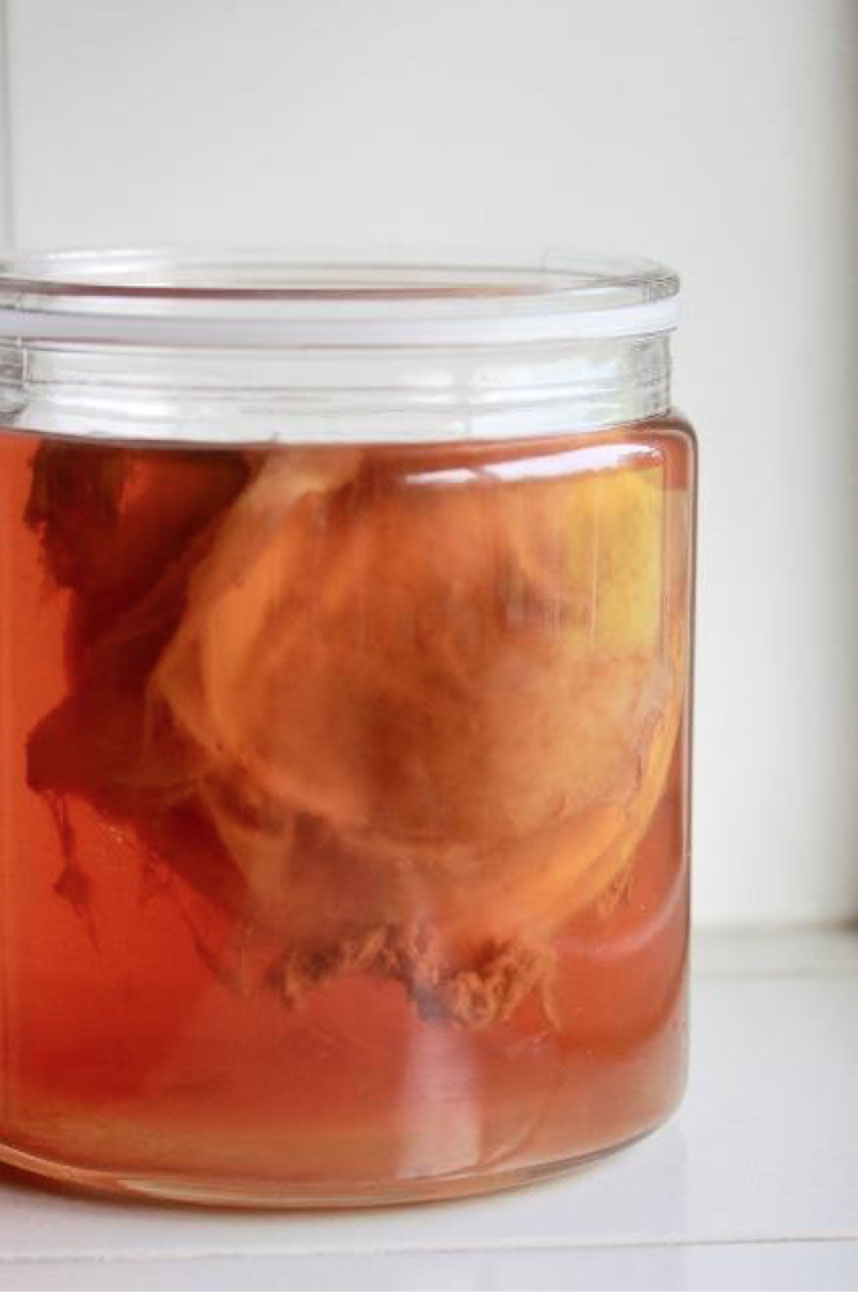Time to Boost Your Immune System!

Don’t you hate getting the flu? In addition to missing school and work, being sick with the flu also means medications, missing out on important events, and overall, not feeling well. With flu season approaching, you might be getting your cold medication ready, cold weather clothing, and maybe even getting your flu shot. But what if I told you that with small changes to your daily lifestyle and diet, you could boost your immune system even more? Let’s find out how!
Follow the rainbow with antioxidants!
Antioxidants are components of fruits and vegetables that play an important role in your health. When your immune system is fighting off viruses, bacteria, or damaged body cells, oxidation occurs, leading to the formation of free radicals. Free radicals can also be formed as a result of normal processes of cells, and even as a result of strenuous exercise. Accumulation of free radicals leads to a chain reaction that severely damages your body cells, and so your body needs to ‘‘disarm’’ those free radicals somehow. That’s where antioxidants come into play! Antioxidants are formed naturally in the body, and can also be obtained from your diet. Plants are full of antioxidants; you have probably heard of vitamin C and vitamin E. These vitamins have strong antioxidant properties and can be obtained from plant foods.
Try eating bright-colored fruits and veggies such as citrus fruits, berries, kale, spinach, carrots, tomatoes, and even dark chocolate to boost your immune system!
Follow the rainbow with antioxidants!
 Antioxidants are components of fruits and vegetables that play an important role in your health. When your immune system is fighting off viruses, bacteria, or damaged body cells, oxidation occurs, leading to the formation of free radicals. Free radicals can also be formed as a result of normal processes of cells, and even as a result of strenuous exercise. Accumulation of free radicals leads to a chain reaction that severely damages your body cells, and so your body needs to ‘‘disarm’’ those free radicals somehow. That’s where antioxidants come into play! Antioxidants are formed naturally in the body, and can also be obtained from your diet. Plants are full of antioxidants; you have probably heard of vitamin C and vitamin E. These vitamins have strong antioxidant properties and can be obtained from plant foods.
Antioxidants are components of fruits and vegetables that play an important role in your health. When your immune system is fighting off viruses, bacteria, or damaged body cells, oxidation occurs, leading to the formation of free radicals. Free radicals can also be formed as a result of normal processes of cells, and even as a result of strenuous exercise. Accumulation of free radicals leads to a chain reaction that severely damages your body cells, and so your body needs to ‘‘disarm’’ those free radicals somehow. That’s where antioxidants come into play! Antioxidants are formed naturally in the body, and can also be obtained from your diet. Plants are full of antioxidants; you have probably heard of vitamin C and vitamin E. These vitamins have strong antioxidant properties and can be obtained from plant foods.
Try eating bright-colored fruits and veggies such as citrus fruits, berries, kale, spinach, carrots, tomatoes, and even dark chocolate to boost your immune system!

Probiotics: The good kind of bacteria
While some types of bacteria are harmful, some can actually help support your immune health. There are millions of microorganisms in your body that help digest food, fight disease-causing cells, or produce compounds that your body needs. This is the normal microflora of your body. Probiotic food products contain live bacteria that contribute to, and enhance, your microflora, providing extra protection against diseases.
Have you ever paid attention to that sandy-looking precipitate that floats in kombucha? That is probiotics! Fermented food products, such as kombucha, usually contain high amounts of probiotics. Other foods that contain probiotics are yogurt, kefir, sauerkraut, tempeh, and miso.
Remember to stay hydrated!
Remember what the doctor says when you have a fever? Drink lots of fluids, right? That’s because your body is overworking itself to fight off whatever is causing that fever! And it is using water in great amounts to regulate body temperature. At this time, proper hydration is vital, and will determine your recovery time.
Water is important for everything our bodies do; no matter what, our bodies need to be hydrated. The general recommendation for adults is to drink 8 glasses of water every day; that is a rough total of 4 of your regular 16 oz bottles (like the one in the photo).
Don’t like the taste of water? Or do you prefer something with a little bit more taste? That’s OK! Try adding slices of fruit for an enhanced flavor, or you may decide to try unsweetened tea or black coffee. You might even opt for fruits and vegetables with high water contents, like cucumbers, cantaloupes, and watermelons. All of these are OK! Just know that drinks with high sugar contents, like regular sodas and your regular fruit drinks, contain high amounts of sugar, little to no nutritional content, and can contribute to weight gain if consumed in excess. Try to see these as ‘‘occasional treats,’’ rather than everyday drinks.

Exercise more, stress less: A healthy body equals a healthy mind
Lots of research studies have shown that there is a link between your state of mind, and your body. Undergoing periods of severe psychological stress and anxiety (ahem… midterms, finals, work, the list goes on, right?) can have a negative impact on our immune system. Often, these episodes of stress and anxiety are accompanied by a lack of sleep, which makes this scenario even worse!
Your body and your mind are one; when one is tired so is the other. The same way, when you take care of one, you also take care of the other. Regular exercise can help reduce stress levels by the release of endorphins. Endorphins act as painkillers, reduce stress and anxiety, and can also improve sleep. In addition to these, regular exercise enhances cognitive function, stabilizes mood, and improves self-esteem. Your immune system benefits from this, making it better equipped to fight off infections. Do you need any more reasons? Start working out!